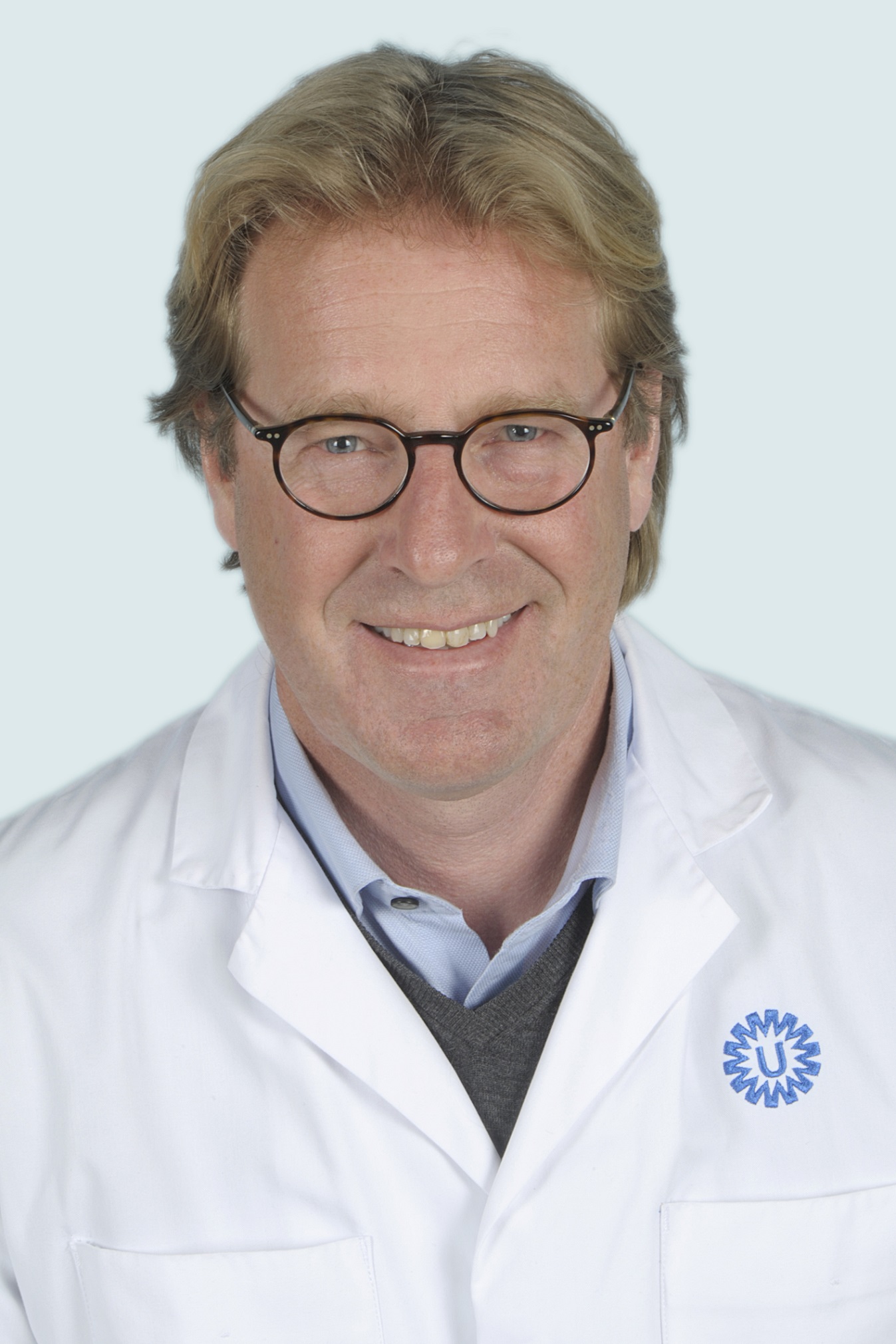Assistant Professor - medical
Strategic program(s):
Biography
Dr. Stefaan Tytgat is head of the Department of Pediatric Surgery at The Wilhelmina Children’s Hospital – University Medical Center Utrecht in The Netherlands. After his general surgical training at The Academic Medical Center in Amsterdam he specialized in pediatric surgery in Utrecht under supervision of Klaas Bax and David van der Zee. The department has a long standing history of minimally invasive abdominal and thoracic pediatric surgery and over the years the department has hosted many international visitors and trainees that have an interest in minimally invasive pediatric surgery.
With over 280 procedures performed in the past twenty years, the thoracoscopic treatment of esophageal atresia has become the main focus of Dr. Tytgat and his team. Also new treatment strategies have been introduced, such as the thoracoscopic external traction technique for pure long gap atresia and the primary thoracoscopic posterior tracheopexy to prevent the respiratory complications of tracheomalacia.
In 2018 The UMC Utrecht has set up an international referral program for children with complex congenital esophageal and airway malformations. Every year, a growing number of patients is referred from different European countries (and Israel).
In 2020, the department received a European Erasmus+ Strategic Partnership grant (450.000 Euro) for neonatal esophageal and airway surgery training with University Medical Centers of London (Great Ormond Street), Stockholm (Karolinska) and Rome (Bambino Gesu). The international TEACHER training program for ERN-centers is currently constructed with this Erasmus grant.
Dr. Tytgat is an active member of the European Reference Network for Inherited and Congenital (digestive and gastrointestinal) Anomalies (ERNICA). He has contributed to a number of consensus papers and guidelines on the management of esophageal atresia.
Research aim
Our research strives to improve outcomes for Esophageal Atresia patients, reducing morbidity and enhancing quality of life, while developing strategies for long-term improvement, shaping a brighter future.
Go to groupResearch aim
Our mission is to unravel the impact of neonatal surgery, as well for congenital heart defects as non-cardiac anomalies on brain injury, development and long-term impairments to develop strategies to improve long-term outcome shaping a better future.
Go to group
